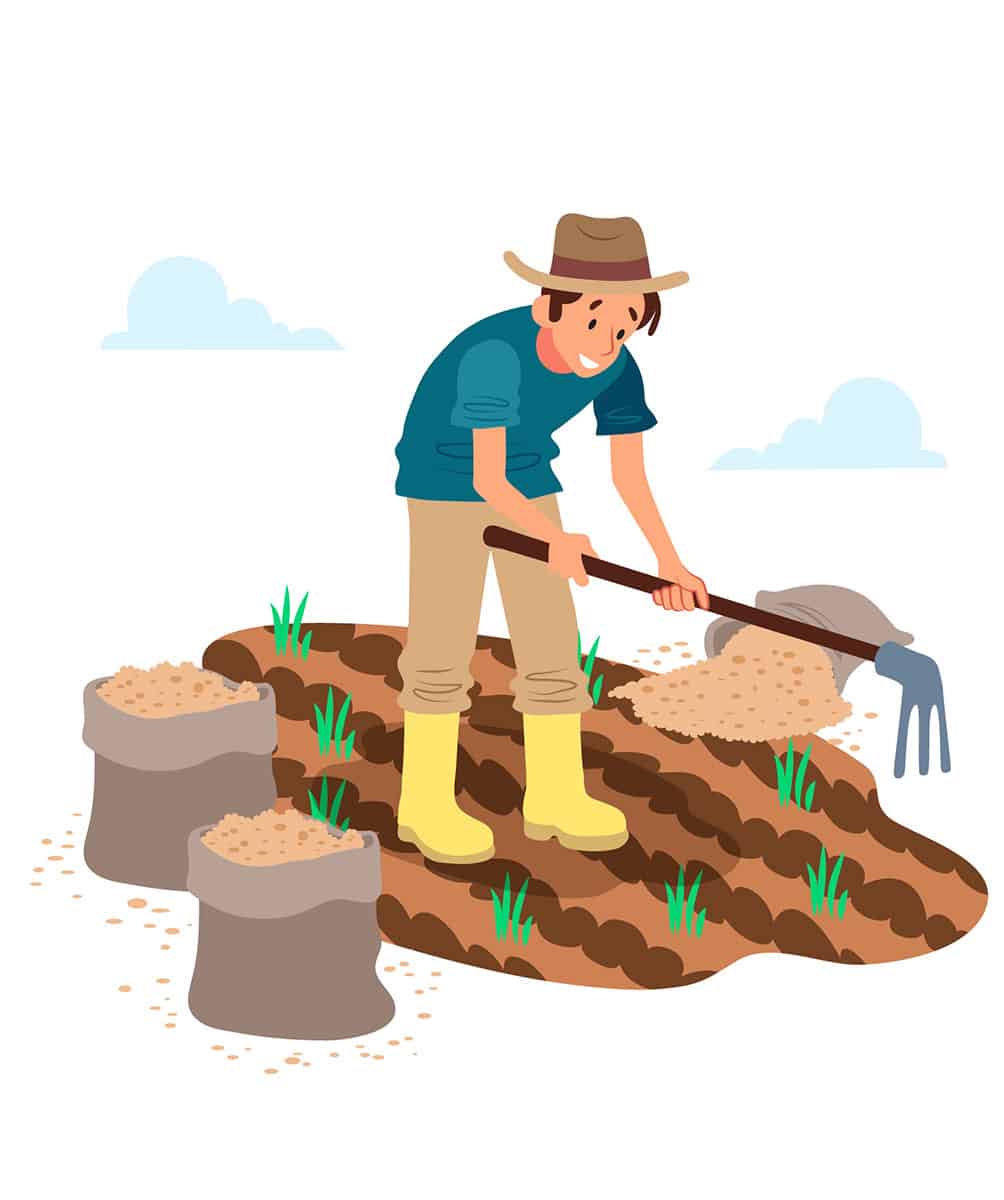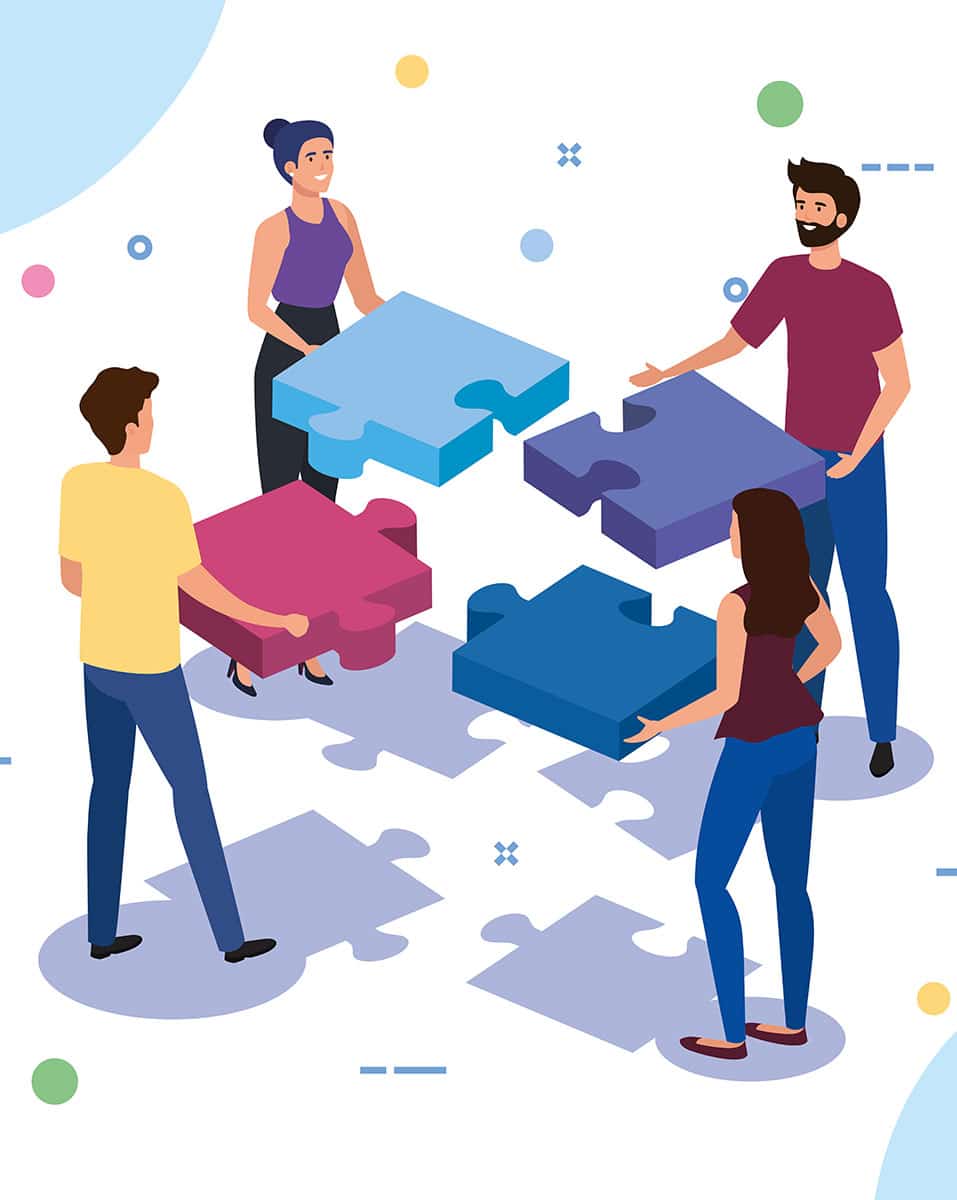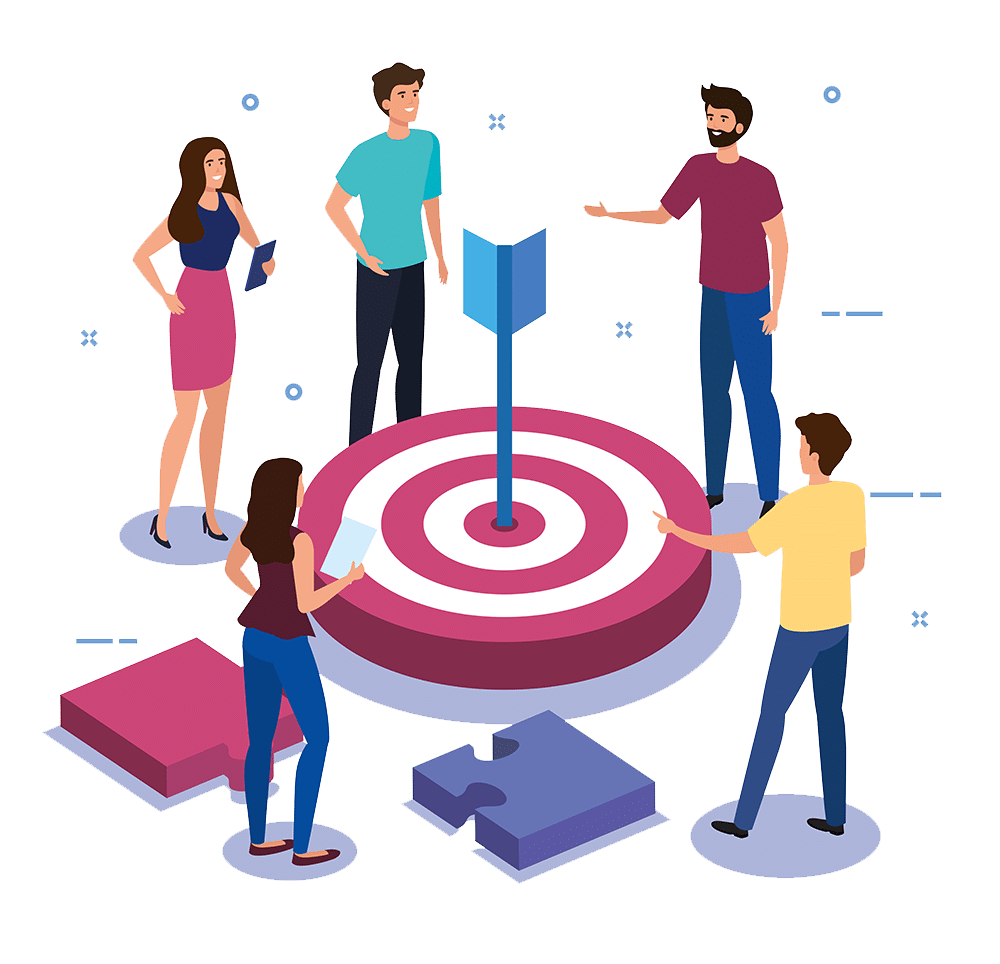Client
India’s leading producers of fertilizers and industrial chemicals.
Multi-product Indian conglomerate with an annual turnover of over one billion USD with a product portfolio spanning industrial chemicals, bulk and specialty fertilisers, farming diagnostics and solutions, technical ammonium nitrate and value-added real estate, which includes India’s first & largest revolutionary concept retail destination for Home Interiors & Design.











